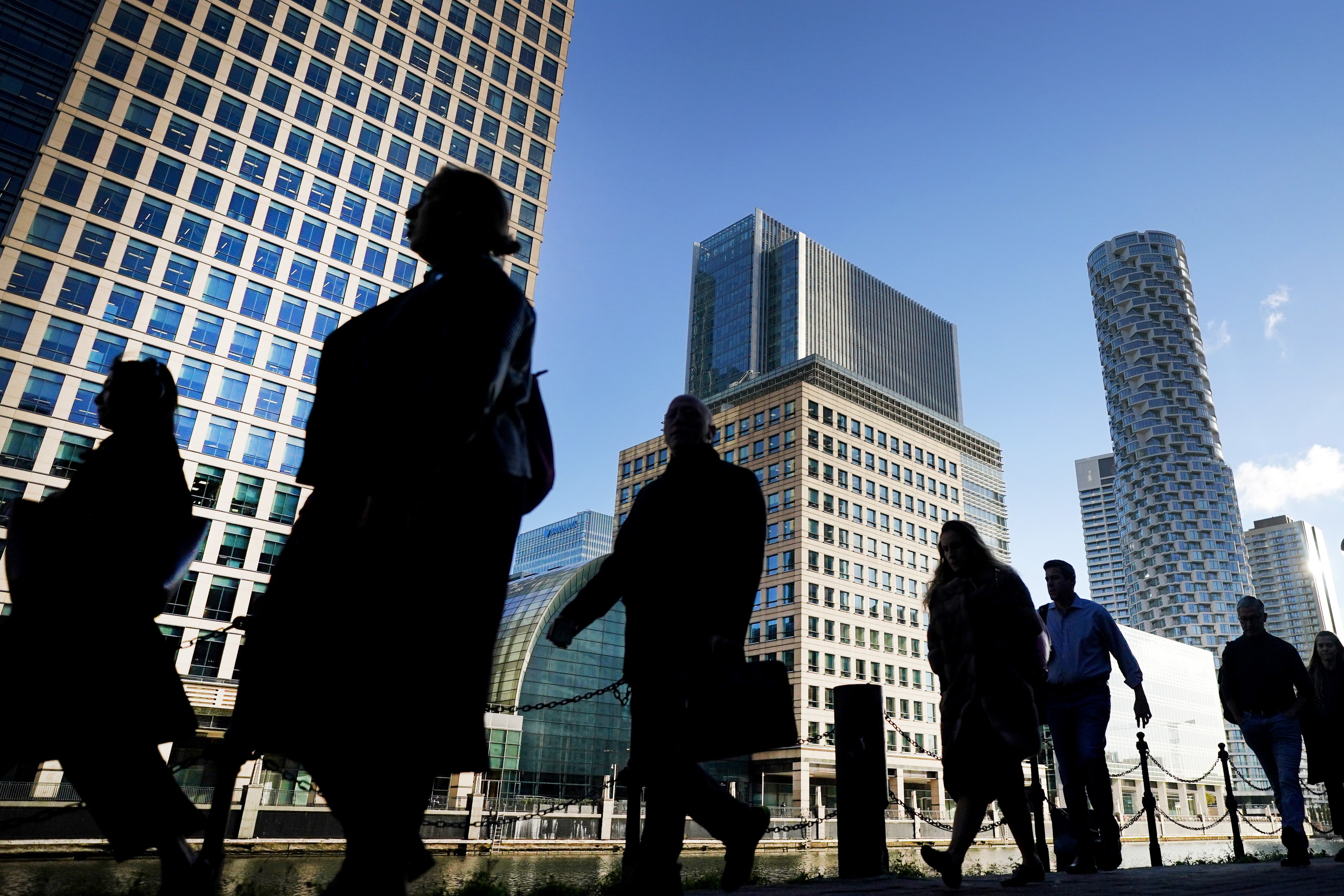A substantial wrong has been committed, but nobody is punished. How can that be right?
Big firms can buy escape from prosecution but Chris Blackhurst asks if fines are punishment enough

In 2012, the bank HSBC was fined $1.9bn (£1.5bn) by the US Justice Department for facilitating money laundering by the Mexican Sinaloa drug cartel. Rather than face criminal prosecution, the bank entered into a Deferred Prosecution Agreement, or DPA, which saw a court-appointed monitor checking that over the next five years HSBC was reforming its ways.
The DPA has grown in popularity, used by authorities in many countries to penalise major companies. Instead of bringing charges against the company or individuals, they agree to pay a fine and work to prevent a recurrence. In the UK, the Serious Fraud Office has struck 12 such agreements in recent years.
But is it justice? The DPA is not a device available to you or I. It is only implemented in cases involving corporate offenders. The business may end up paying a fine and taking part in some sort of remedial programme, but its employees avoid standing trial and going to prison – their reputations remain intact.
Subscribe to Independent Premium to bookmark this article
Want to bookmark your favourite articles and stories to read or reference later? Start your Independent Premium subscription today.
Join our commenting forum
Join thought-provoking conversations, follow other Independent readers and see their replies